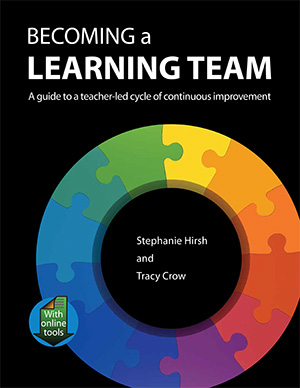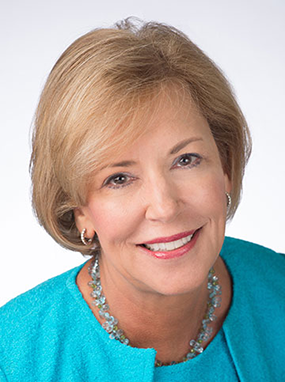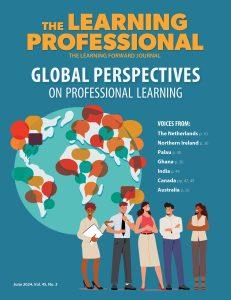My daughter is an assistant elementary principal in a large elementary school. Due to COVID-19, like so many of you, she now spends her days in front of the computer in a variety of one-on-one and team meetings.
She has a number of concerns about how this disruption will impact her students, her teachers, the entire school staff, and her community. She is concerned for her most vulnerable students and how to help them experience quality learning when parents and caregivers do not have the time or means to provide it. She is worried about her early-career teachers and the support they deserve during their formative years in the profession. She is troubled that the progress the administrative team has made in building a strong school culture may stall or even be lost.
It is impressive that just a few weeks into the shutdown, most schools have found their daily rhythm. They do their best to provide and support students with technology, locate hotspots and help lines, make meals available, support IEPs and other special services, and offer ongoing support for parents and caregivers.
I had a conversation with my daughter early on to suggest now was the time to reinvest in the learning cycle in her weekly team meetings with her teachers. I could see that first week that it was too early — she was in survival mode. A bit later, I suggested we talk through the issue again. With supporting vulnerable teachers and students as a priority, now is a critical time to review their learning cycles and facilitate continuous improvement around short- and long-term goals.
I hypothesize that structures and predictability give us a sense of control we need during crises. Effective learning cycles address several of the concerns that are on the minds of administrators and teachers everywhere. How can we build a strong learning community among principals and school leadership teams? How can we build quality and consistency within and across grade-level and subject-matter teams? How can we identify and address enduring and emerging learning challenges?
Early learning cycles do not need to be complicated; they need to fit the needs of the times. Thinking about how to address current data and new needs, determine immediate student and educator learning goals, and plan, access, and implement high-quality instructional materials with students can inform what will best serve teachers and students.
I am eager to hear what leaders everywhere are learning about the potential of learning cycles to support necessary changes for these troubling times.
Join Stephanie Hirsh at Learning Forward’s Summer Institutes to study the Learning Forward team learning cycle and uncover how it can help educators adapt to meet new challenges and opportunities. She will explore how the cycle promotes virtual problem solving and how to leverage learning teams to build the school learning culture we need for the future.
COVID-19 Statement | Resources | Support Community







